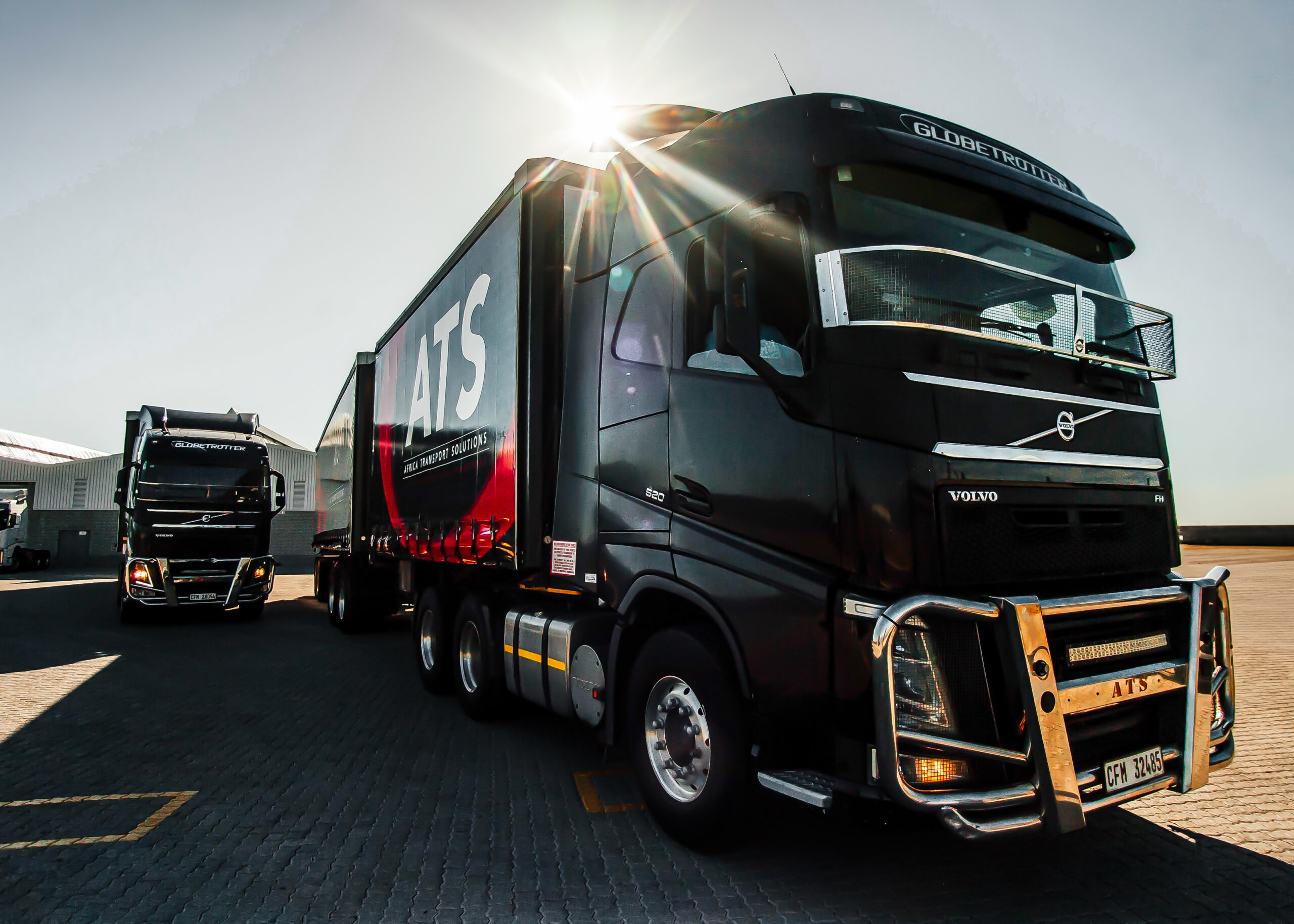
As Africa becomes more interconnected through regional trade agreements and infrastructure investments, companies must ensure that their logistics strategies keep up. Cross-border logistics coordination plays a central role in enabling timely, compliant, and cost-effective movement of goods between countries. In Southern Africa, where freight routes extend across multiple borders, professional coordination is not just useful—it is essential. Businesses that partner with experts in cross-border logistics benefit from fewer delays, better customs handling, and stronger client relationships across regional markets.
Managing cross-border freight comes with a set of unique challenges. Customs regulations vary by country, as do vehicle permit requirements, documentation procedures, and transport regulations. A misstep at one border can cause hours or even days of delays, harming customer trust and raising costs. Cross-border logistics coordination helps prevent these issues. Experts in this field map regulatory procedures in advance, monitor regional policy changes, and ensure that all paperwork is correct and submitted early. They create a system that prevents errors and keeps trucks moving smoothly.
Each border crossing introduces new risks, especially when moving freight from South Africa into Namibia, Mozambique, Botswana, or Zimbabwe. Coordinating across jurisdictions means understanding route preferences, bonded transport protocols, and third-party agent relationships. Professional logistics partners manage this complexity using layered workflows and smart tools. They integrate route planning, permit clearance, customs filings, and carrier management into one centralized process. This integration reduces friction and ensures compliance without slowing freight.
Not all freight is equal. Cross-border cargo may include temperature-sensitive goods, hazardous materials, or high-value shipments. Each type comes with its own handling, packaging, and clearance demands. Coordination experts specialize in matching the right freight strategy to each cargo profile. Whether you’re shipping pharmaceuticals into Zambia or construction equipment to Angola, they ensure that documentation, inspections, and approvals are aligned with local law. This level of customization reduces the chances of inspections failing or cargo being held.

Technology now plays a critical role in cross-border logistics. Professional providers use tracking tools, customs integration platforms, and automated alerts to monitor cargo progress. If a delivery is stalled at a border or a document is missing, dispatch teams are alerted immediately. These systems reduce information gaps and allow proactive responses to minimize delays. Additionally, businesses benefit from client dashboards that display real-time locations, ETAs, and proof-of-delivery records—all accessible from a single portal.
A major advantage of strong coordination is its ability to support regional growth. As companies expand into new countries, logistics providers adjust to changing volumes, clients, and cargo types. They scale operations by adding more clearance agents, expanding warehousing partnerships, and diversifying their fleet. This agility is essential for businesses pursuing cross-border tenders, opening new outlets, or servicing customers in emerging African cities. Growth demands infrastructure—and expert logistics coordination delivers exactly that.

Reliability is everything in cross-border trade. When businesses promise customers that goods will arrive within 48 hours, they must keep that promise—even when borders are involved. Cross-border logistics coordination gives companies the tools to meet delivery expectations, even in challenging scenarios. By minimizing risk, optimizing routes, and improving paperwork readiness, logistics experts help clients build reputations based on performance. In the logistics world, consistency is what sets you apart.